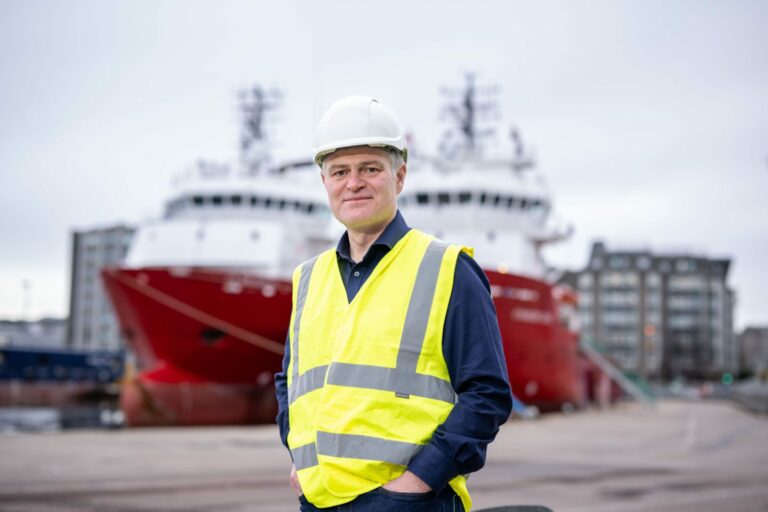By David Whitehouse, chief executive of Offshore Energies UK
Thursday May 18 2023, The Times
For the past 50 years the UK has relied on oil and gas from under the North Sea. The energy and taxes from those fuels lifted our nation from the economic doldrums of the 1970s and helped turn it into one of the world’s largest economies.
They also supported us through Covid and the global shortages caused by the Ukraine war. The UK remains reliant on such fuels — we still get 76 per cent of our energy from oil and gas. But the emissions from those fuels have contributed to climate change. My industry, the offshore sector, whose skills and inventiveness turned the North Sea into the UK’s energy powerhouse, knows those emissions must be reduced.
Yesterday’s government announcement of 20 licences to permanently bury millions of tonnes of CO2 deep under our surrounding seabeds opens the way to do just that. Carbon capture and storage (CCS) works by capturing the CO2 from burning such fuels, compressing it into a liquid and then injecting it into deep rock formations. Some of those formations will be depleted oil and gas reservoirs.

Britain can become a world leader here, not just because of its skilled offshore workforce but also because it is geologically blessed. Our seabeds could hold 78 billion tonnes of CO2 — two centuries worth of UK emissions.
A CCS industry could mean new opportunities for coastal industrial cities and areas such as Aberdeen, Teesside, Liverpool and Lincolnshire. They were built on energy-intensive industries, but CCS offers them a future leading the low-carbon transition. CCS also offers a low-carbon future for the gas-fired power stations that generate 40 per cent of our electricity, and for the cement, steel and plastics producers that provide our raw materials.
Some environmentalists reject such technologies for allowing the continuing use of fossil fuels. But the UK has 24 million homes reliant on gas boilers for heat, plus 32 million petrol and diesel cars. Our manufacturing industries such as steel, cement, glassmaking, ship-building and car-making rely on gas to operate. We need to find low-carbon alternatives — but we need time. Technologies such as CCS are part of the long-term solution.

Developing this new industry and its high-value jobs will require significant investment, much of it from energy-producing companies. That means building a tax regime that encourages long-term investment. The UK’s skilled offshore workforce, its engineering expertise and its geology have given our nation a unique opportunity to lead the world and build a lower-carbon future.
Share this article


